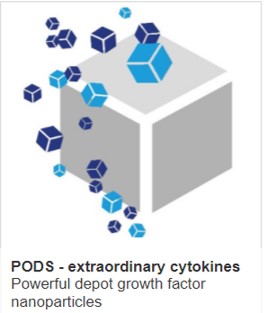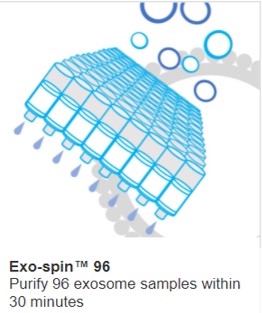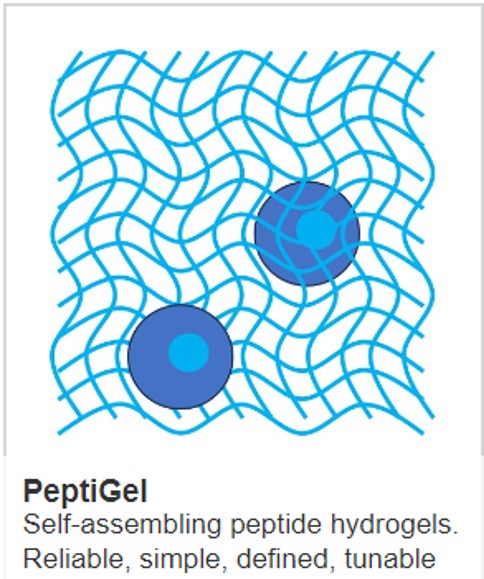Are some cell types more receptive to exosomes?

The ability of cells to generate exosomes varies significantly between different types of cells. Cancer cells, for example, reliably yield large amounts of exosomes when grown in culture. Immune cells and MSCs are also relatively high-yielding. But what about exosome ingestion?
All cell types can ingest exosomes, and it seems that some cells are particularly adept at this process. The receptivity of cells to exosomes can depend on several factors, including the presence of specific receptors on the cell surface, the type of exosomes, and the cellular context.
Endothelial cells are highly efficient at ingesting exosomes, particularly exosomes derived from tumor cells. This uptake is often mediated through endocytosis pathways. Exosomes are used by cancer cells to modulate endothelial cells to become leaky enabling metastasis. Exosomes from cancer cells can also promote angiogenesis.
Various immune cells, including T cells, B cells, and dendritic cells, are proficient at ingesting exosomes. These interactions can influence immune responses and facilitate antigen presentation.
Since cancer cells use exosomes to promote tumorigenesis, the absorption of these exosomes is being targeted therapeutically. For example, it has been shown that heparan sulfate proteoglycans function as receptors of cancer-derived exosomes.
Cancer cells not only secrete a large number of exosomes but also readily ingest exosomes from other cells, which can contribute to tumor progression, metastasis, and drug resistance. Cancer cells, from breast cancer and ovarian cancer, are particularly adept at ingesting exosomes.
Outside of cells targeted by cancer-derived exosomes, neurons can also ingest exosomes, which can influence neurogenesis and other neural functions.
Mesenchymal stem cells are known to both secrete and ingest exosomes. These interactions can influence various therapeutic processes, including tissue repair and regeneration.
Reference: “New therapeutic approaches of mesenchymal stem cells-derived exosomes” (New therapeutic approaches of mesenchymal stem cells-derived exosomes. - 2021-05-25).
Epithelial cells can also ingest exosomes, which can influence various cellular processes, including proliferation and communication within the tissue microenvironment.
Pluripotent stem cells, efficiently ingest exosomes, contributing to differentiation processes.
Cells involved in bone metabolism, such as osteoblasts and osteoclasts, can ingest exosomes derived from mesenchymal stem cells, which can influence bone formation and resorption.
Cardiomyocytes can also ingest exosomes efficiently. This can play a role in cardiac protection and repair, particularly in the context of stem cell-derived exosomes.
IMAGE Shutterstock



